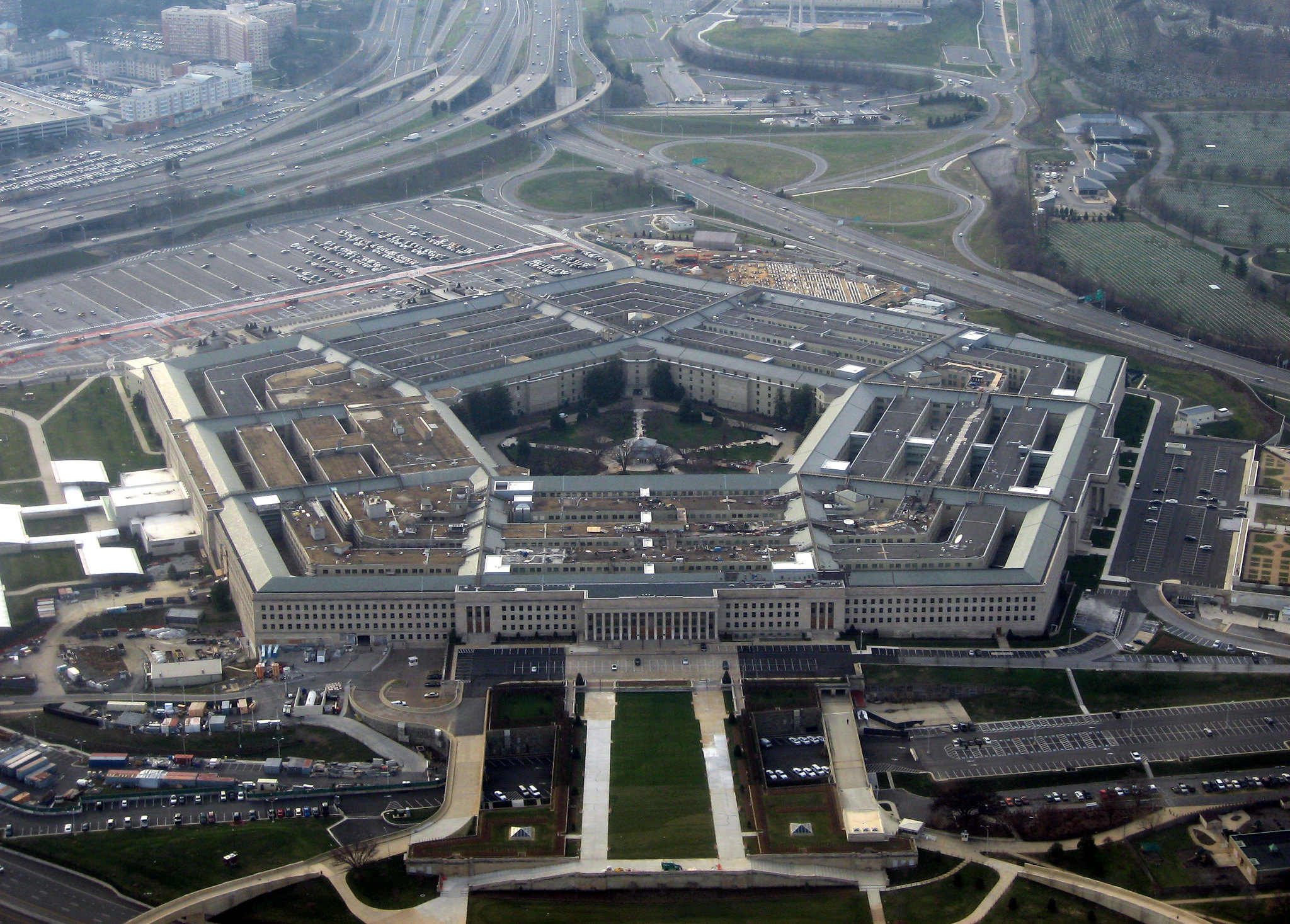 POLICY
POLICY
 POLICY
POLICY
 POLICY
POLICY
Amazon.com Inc. is ratcheting up its legal challenge to the U.S. Defense Department’s decision to award the $10 billion Joint Enterprise Defense Infrastructure cloud computing contract to its rival Microsoft Corp.
In a redacted Oct. 23 court filing unsealed today, the company’s Amazon Web Services Inc. unit argued Microsoft’s bid must be “invalidated.” It said the award was a “flawed and politically corrupted decision” that resulted from “systematic bias, bad faith and undue influence” it attributes to outgoing U.S. President Donald Trump.
The Pentagon in September reaffirmed its decision to award the contract to Microsoft, six months after it promised it would re-evaluate that choice in the wake of Amazon’s legal challenge. AWS had long been seen as the front-runner during the bidding process and was widely expected to win it, only for the DOD to declare Microsoft the winner in October 2019.
Under the JEDI contract, Microsoft will provide the DOD with cloud computing infrastructure and services aimed at modernizing its information technology infrastructure.
However, Microsoft is still unable to begin work on JEDI because of a temporary injunction that paused the contract earlier this year. That resulted from Amazon’s complaint that Microsoft’s bid contained a “host of errors” the DOD did not properly take into account. Judge Patricia E. Campbell Smith wrote in her ruling that AWS “likely is correct” that the Defense Department made an evaluation error when assessing Microsoft’s bid, adding the error was “quite likely” material.
In a statement issued today, AWS took issue with the DoD’s unwillingness to correct the many flaws that were outlined in AWS’s initial protest. “After the Court rejected the flawed initial JEDI evaluation, the DoD spent over four months attempting to revive Microsoft’s non-compliant bid and reaffirm that flawed and politically-biased decision,” an AWS spokesperson said. “As a result of the DoD fixing just one of many errors, the pricing differential swung substantially, with AWS now the lowest-priced bid by tens of millions of dollars.”
The amount of the difference between the bids was redacted from the legal filings, but AWS pointed out the importance of the DOD to review all the of the issues in its protest. But AWS said it still demonstrates why it’s important for the DOD to look at all of the questions it has raised, arguing it has a duty to ensure it gets access to the best technology at the best price.
“We had made clear that unless the DOD addressed all of the defects in its initial decision, we would continue to pursue a fair and objective review, and that’s exactly where we find ourselves today,” the spokesperson added.
It’s unclear when the judge will issue a final ruling on the protest, but observers believe it could appear on the docket next spring.
Microsoft shot back with its own strongly worded statement. “As the losing bidder, Amazon was informed of our pricing and they realized they’d originally bid too high,” Frank X. Shaw, Microsoft’s corporate vice president of communications, said in a statement. “They then amended aspects of their bid to achieve a lower price. However, when looking at all the criteria together, the career procurement officials at the DoD decided that given the superior technical advantages and overall value, we continued to offer the best solution. We also know what it takes to serve the DoD having worked with them for more than forty years.”
Shaw added that “the DOD’s independent IG report found there was no evidence of actual procurement interference so it is time we moved on and got this technology in the hands of those who urgently need it: the women and men who protect our nation.”
Holger Mueller, an analyst with Constellation Research Inc., told SiliconANGLE that the essential problem in his view is the DOD’s decision to award the massive contract to one supplier — unlike, for instance, the recently announced Central Intelligence Agency contract.
“DOD either should have rewritten the request for proposal for multicloud, or pushed out follow contracts that would have gone to the competitors winning the first round,” he said. “So the U.S. is not getting started on a major cloud project for its military. The question is, when does DOD selection of JEDI become a risk of national security? We are likely turning that corner in 2021.”
Support our mission to keep content open and free by engaging with theCUBE community. Join theCUBE’s Alumni Trust Network, where technology leaders connect, share intelligence and create opportunities.
Founded by tech visionaries John Furrier and Dave Vellante, SiliconANGLE Media has built a dynamic ecosystem of industry-leading digital media brands that reach 15+ million elite tech professionals. Our new proprietary theCUBE AI Video Cloud is breaking ground in audience interaction, leveraging theCUBEai.com neural network to help technology companies make data-driven decisions and stay at the forefront of industry conversations.